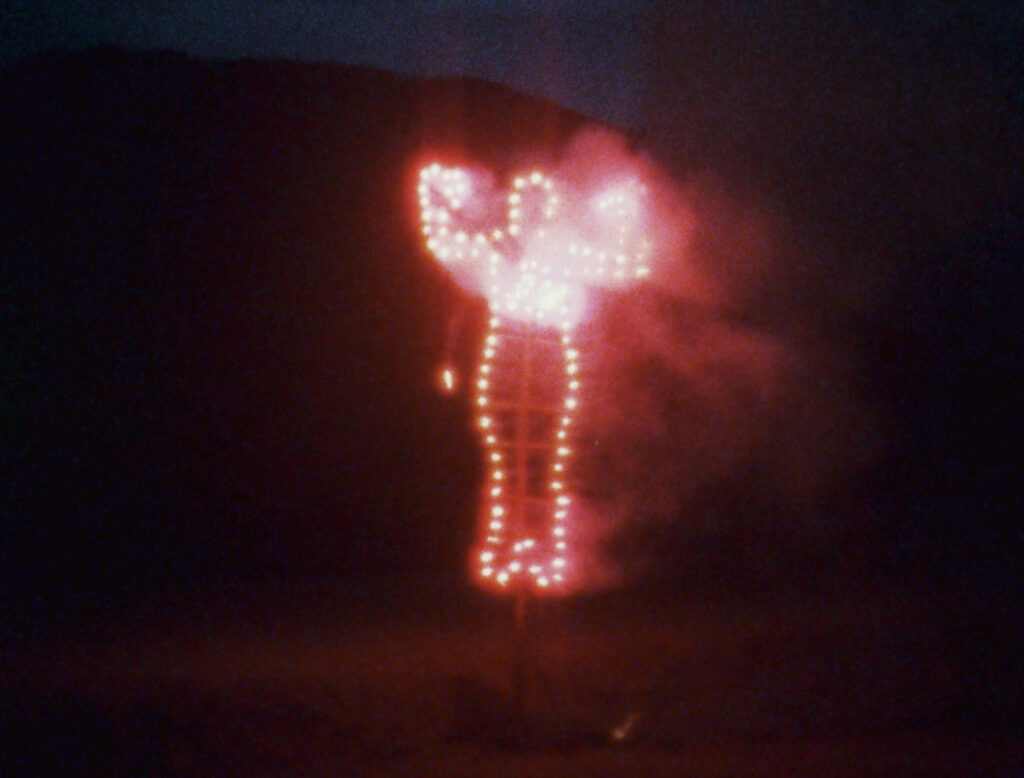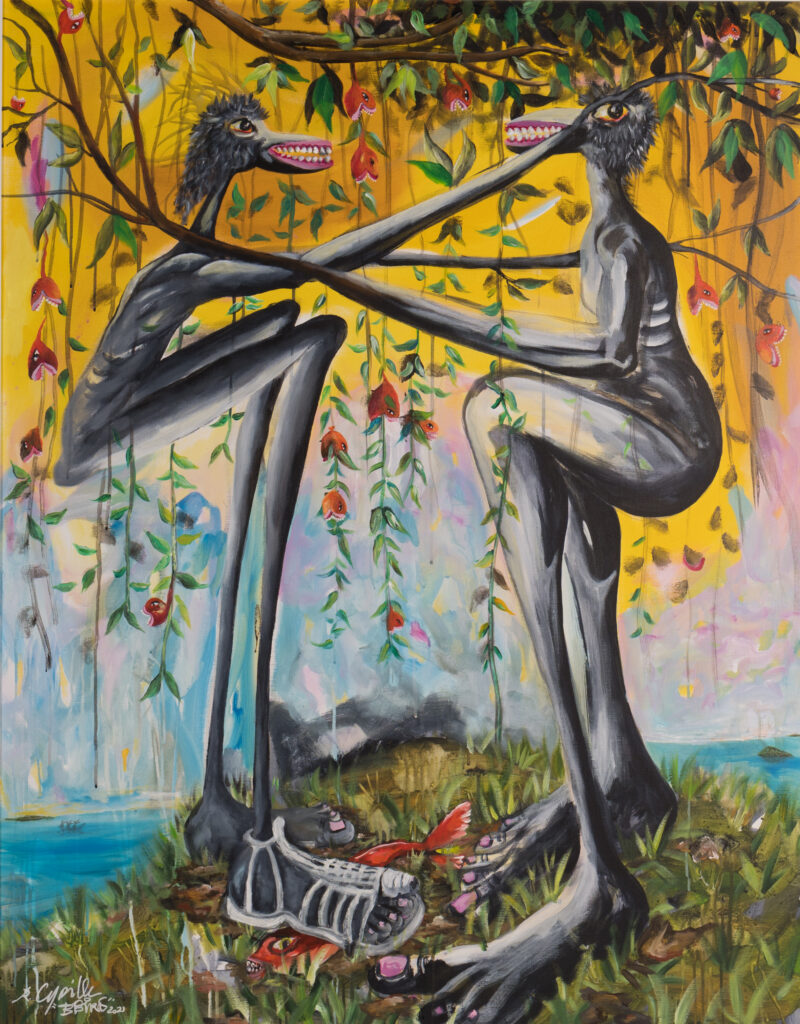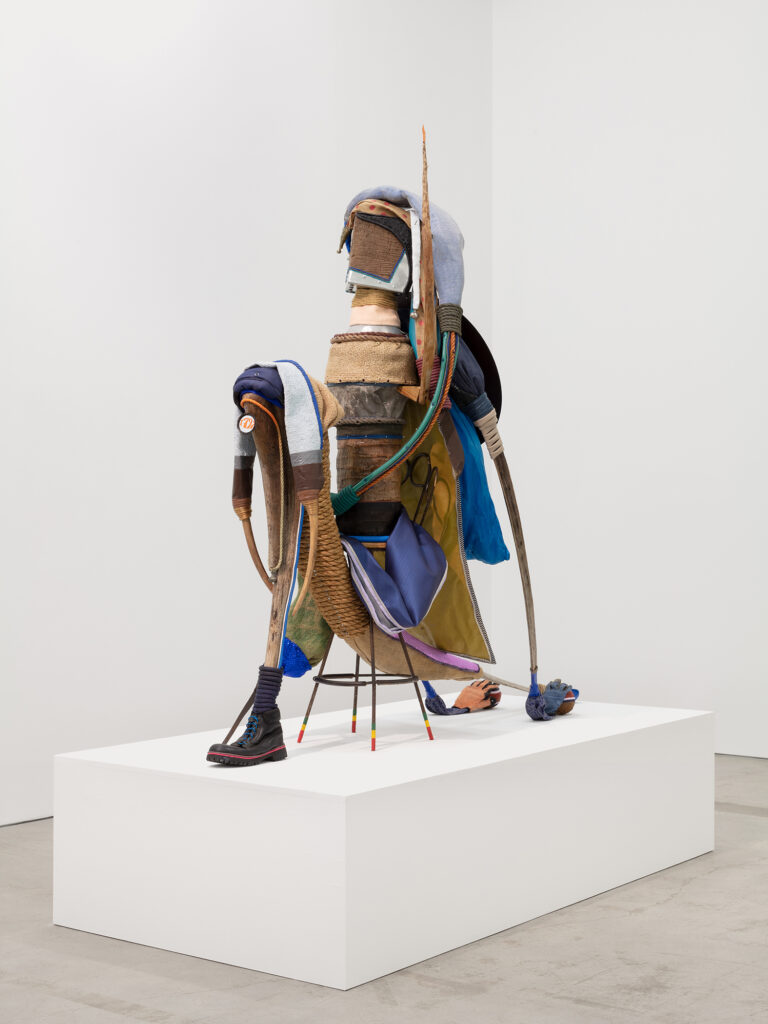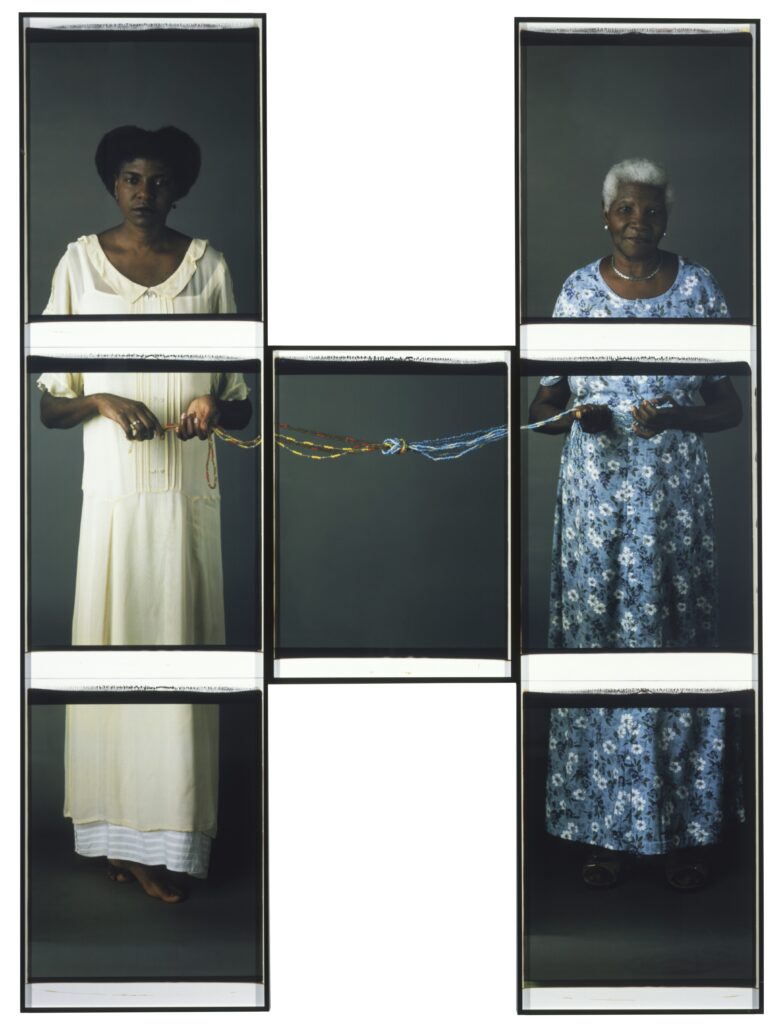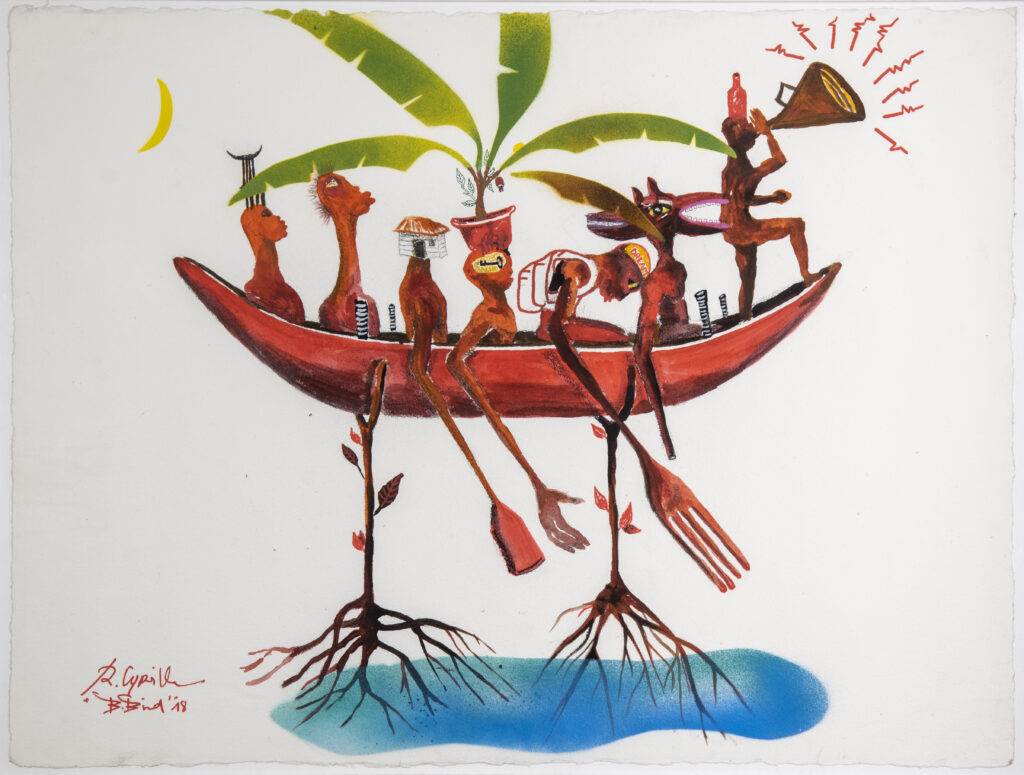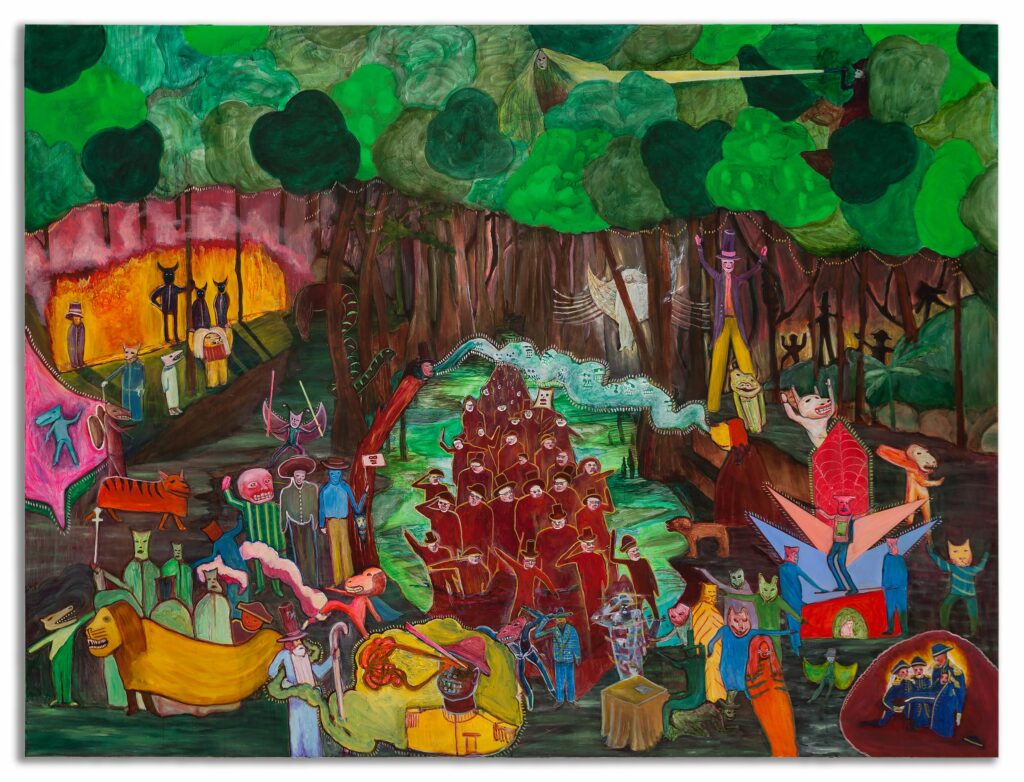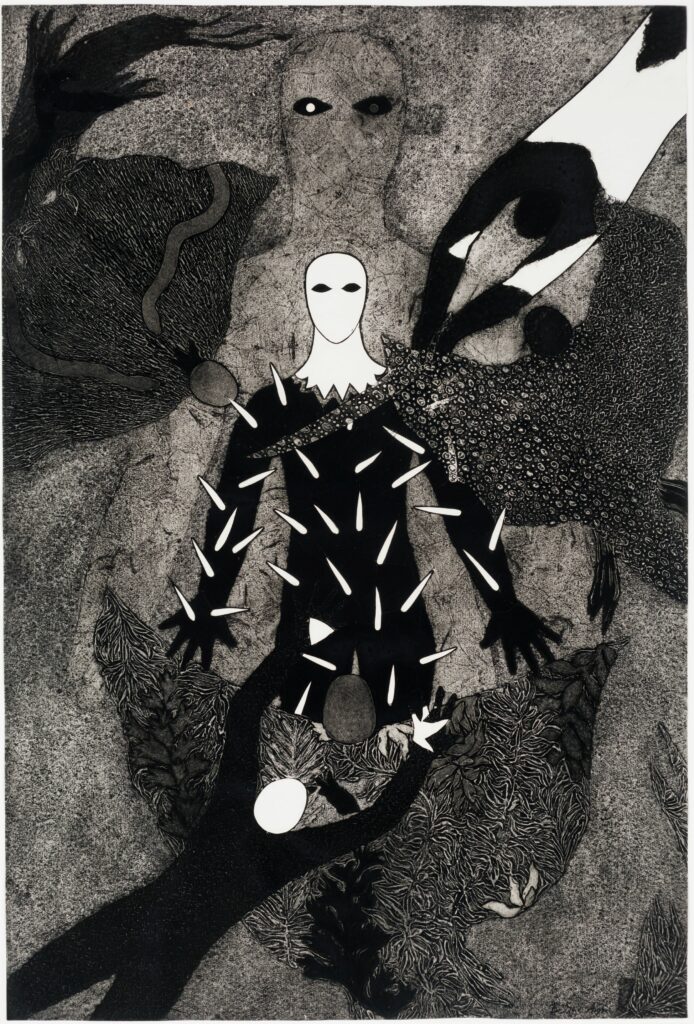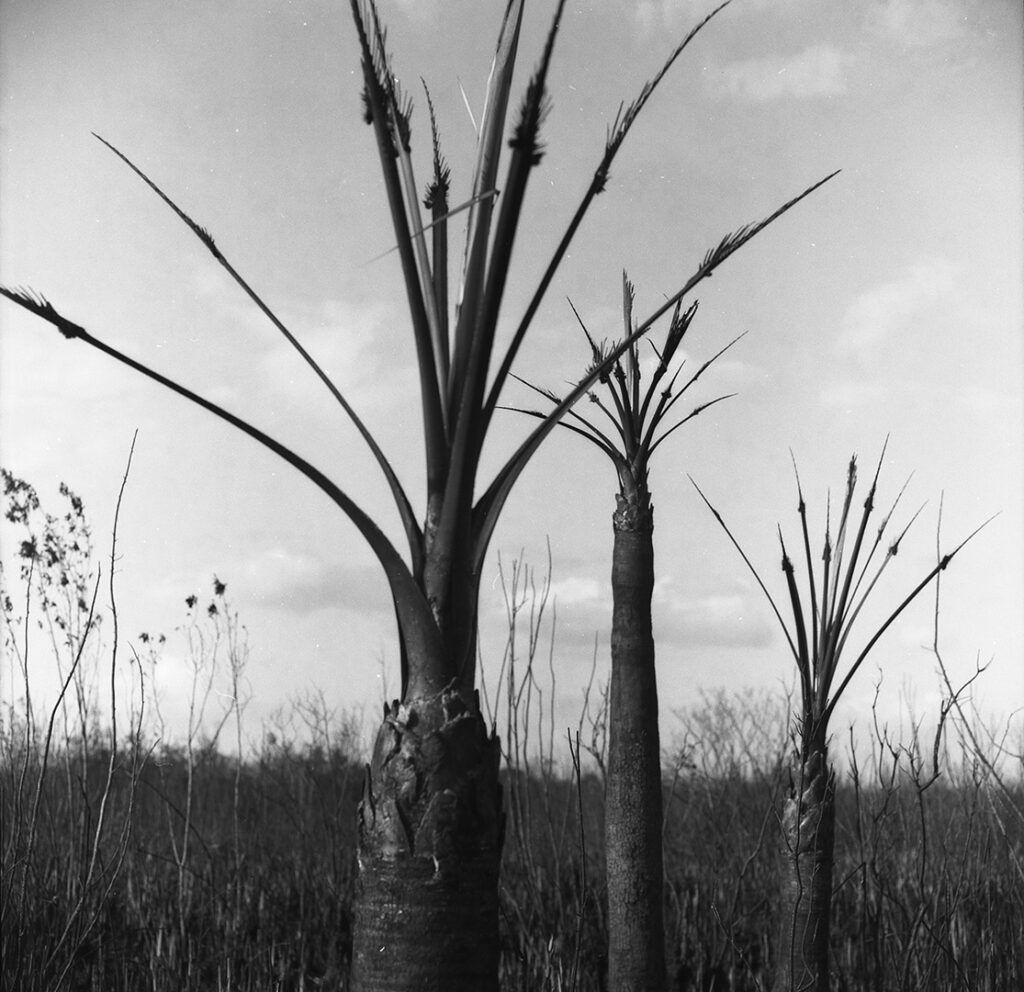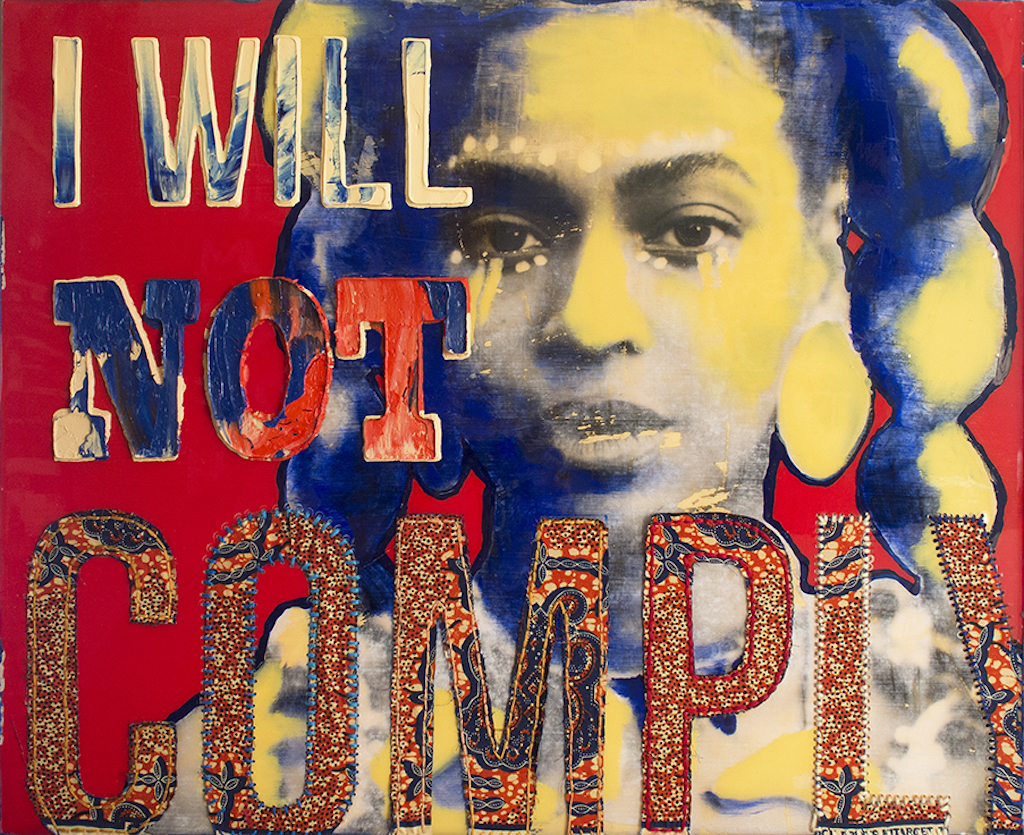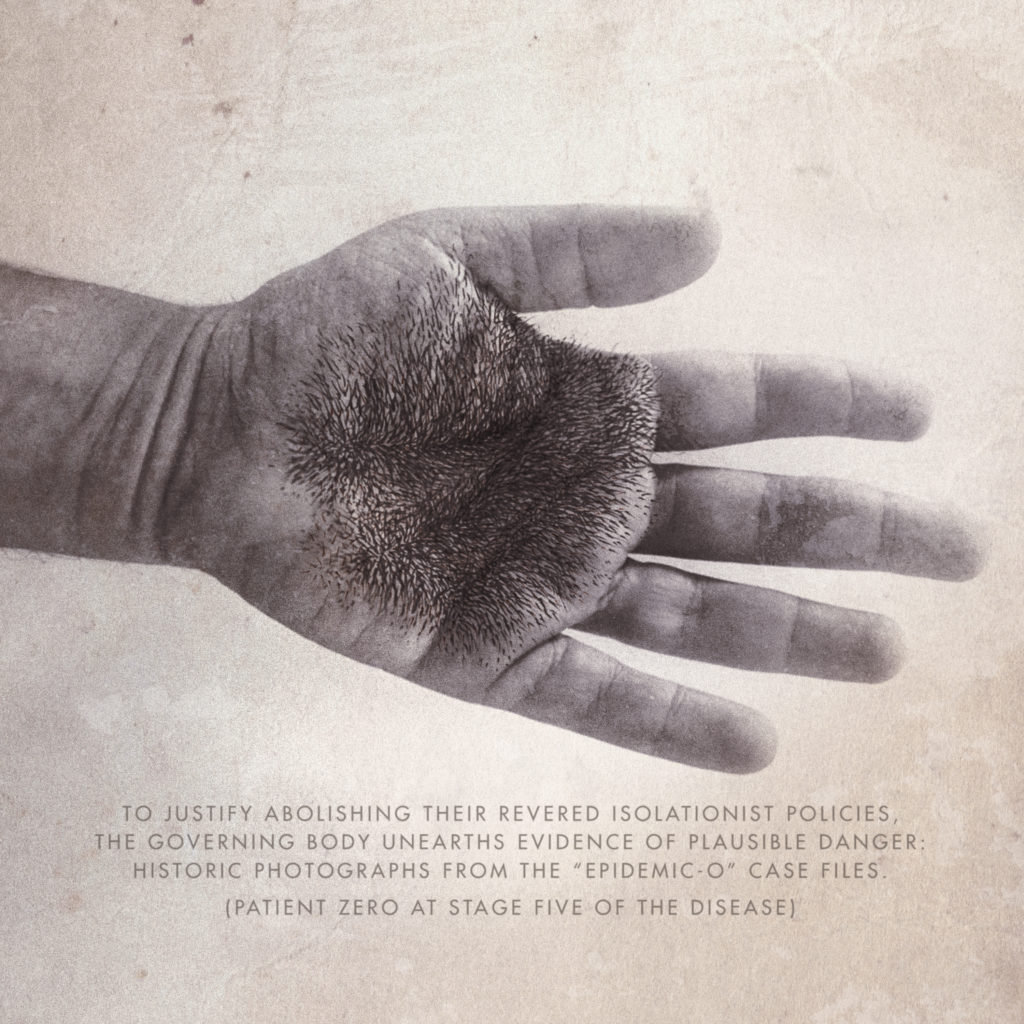Black Venus and the New World Artist: Trembling Musings on Ana Mendieta’s Silueta Works in Mexico (1973–1977)
In 1961, Cuban artist Ana Mendieta (1948-1985) was forcibly relocated to the United States due to the uncertainty caused by Fidel Castro’s rise to power in her home nation. This began Mendieta’s life of exile. Focusing on the photographic series Silueta Works in Mexico (1973-1977), artist and scholar Genevieve Hyacinthe posits Mendieta as a “New World Artist” whose interests in the figure of the Black Venus, and other Black Atlantic forms metaphorically buoyed her to re-shape her experience of exile from a narrative of intractable trauma to artistic agency.

